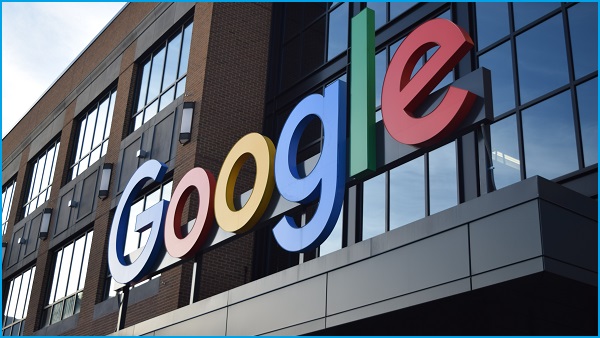Google has confirmed it does not plan on charging users for services because of proposed media bargaining laws.
In a detailed post explaining its position, the tech giant hit back at the Australian Consumer and Competition Commission’s (ACCC) suggestion that Google might charge customers if and when the laws are enacted.
“We never said that the proposed law would require us to charge Australians for Search and YouTube,” Google said.
“What we did say is that Search and YouTube, which are free services, are at risk in Australia.”
Since publishing an open letter last week, Google has warned users that their “Google Search is at risk” thanks to draft legislation that would force digital platforms – like Google and Facebook – to enter a bargaining agreement with news organisations to pay for their content.
Under the proposed code of conduct, digital platforms will also have to inform registered news organisations of changes to their ranking algorithms and provide information about the kinds of data they collect on users.
In its new lengthy response to 13 questions about the laws, Google clarified its statement that Search is “at risk” for Australians, calling the proposed laws “unworkable” and “unfair”.
“The very nature of our search engine and YouTube is to surface the best information,” Google said.
“If one group is given special information and notice, and can game the rankings at the expense of others, we can’t provide the best service.
“Having to disclose information about ranking would harm our services in Australia and around the world.”
Advertising is Google’s main source of revenue, with businesses paying Google to place advertisements at the top of user searches.
The tech giant also suggested that potential fines – of up to 10 per cent of Google Australia’s turnover for each breach of the proposed laws – and payment to news organisations could have a massive impact on its bottom line.
Google is a subsidiary of Alphabet which has a market capitalisation of more than $1 trillion.
“It simply isn’t viable for us, or any digital platform, to pay unreasonable and exorbitant amounts to one group in one country,” Google said.
Alternative search engines, such as DuckDuckGo which promises greater privacy and tracker blocking, are also available for internet users.
Misinformation
Google and Australia’s competition watchdog have been in a war of words over the proposed laws with the ACCC saying Google spread “misinformation” in its open letter.
Indeed, Google does appear to willfully misinterpret the draft laws in its public statements.
Responding to the part of the legislation that would see digital platforms warn news organisations before they make any algorithmic changes (52N), Google cites potential security concerns.
“28-day advance notice is really a 28-day waiting period before we can make important changes to our systems,” Google said.
“That’s 28 days before we can roll out defences against new kinds of spam or fraud.”
Except the draft laws actually include a provision for changes that “relate to a matter of urgent public interest”. In those cases, digital platforms have to notify of algorithmic alterations “no later than 48 hours after the change is made”.
Google – which profits from using personal information to sell advertising and is being taken to the Federal Court for harvesting personal data without informed consent from its users – is also taking the approach that the media bargaining legislation would require Google to cough up user data upon request.
"The code requires us to tell a registered news business how it can 'gain access to' data. This is data that we do not supply to them at the moment," Google said.
“If we are required to hand that data over to news organisations, there’s no way to know what controls they will give you, nor how your data will be protected—or how it might be used by news businesses."
While Google has kicked up a stink about the proposed laws, Facebook Australia has largely steered away from the debate – not yet adding to a statement from Managing Director of Facebook Australia and New Zealand, Will Easton, early this month.
“We are reviewing the Government's proposal to understand the impact it will have on the industry, our services and our investment in the news ecosystem in Australia,” Easton said.
The government has shown no sign of backing down on the laws that will favour powerful mainstream organisations like News Corp and Nine Entertainment.










